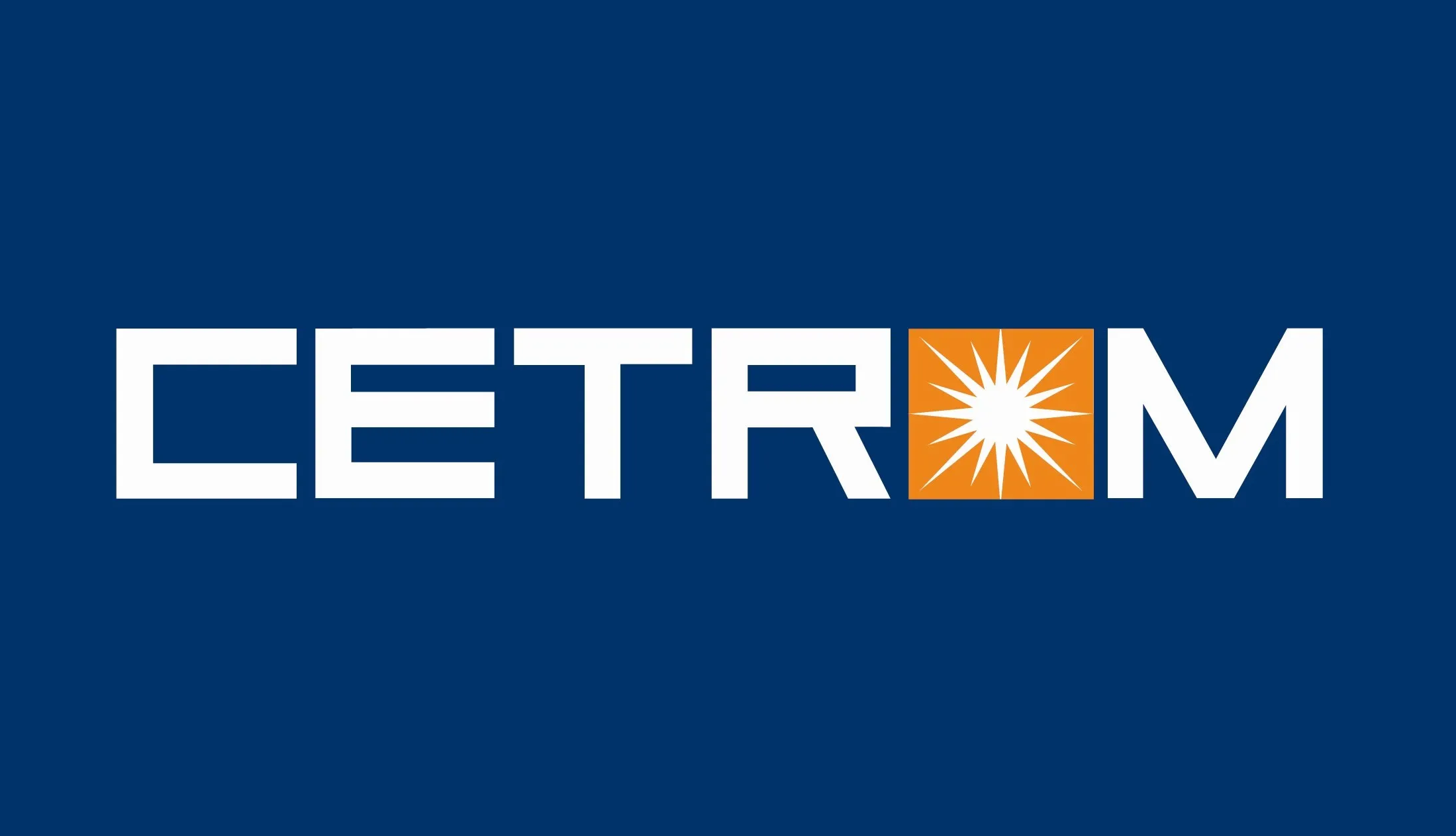A new proposed regulation that would result in some nonprofit organizations reporting the Social Security numbers of donors to the IRS is drawing fire from the conservative sector. Detractors are pointing to security concerns and government intrusion as the main reasons for their objections. The proposal also dredges up accusations of targeting going back to the Tea Party Scandal.
The IRS initially proposed the new rule in September. It will accept public comments until December 16 before deciding on a final course of action.
Under the proposed regulation, a nonprofit organization would have the option of reporting the Social Security numbers of taxpayers who contribute $250 or more to the organization. The $250 threshold is tied into the tax reporting rules for monetary charitable donations. It would apply to organizations that are tax-exempt under Section 501(c)(3) of the tax code. This category includes most public charities, churches and temples and other religious groups and organizations.
The IRS stresses that the reporting rule would be optional. However, critics believe that it will quickly become standard operating procedure.
In this age of data security breaches, identifying and compiling the full Social Security numbers of individuals is a sensitive issue. “ There’s a big yellow light that should be flashing for a couple of reasons,” Representative Peter Roskam (Rep.-IL) told Fox News. “Number one, the IRS has not demonstrated its capacity to hold this type of information from confidentiality and a security point of view.” Presumably, Roskam was referencing a highly-publicized incident occurring earlier this year when hackers gained access to taxpayer information from an online app.
And it’s not just the IRS that could be exposing the sensitive data to risk. As a result of the change, hackers might target more charities. This may also require additional recordkeeping that could be burdensome to certain organizations, especially the smaller ones.
Roskam also argues that the proposal comes at a time when individuals are increasingly asked to provide only the last four digits of their Social Security number to deter ID theft. “When the whole rest of the world from a technological view is moving away from using Social Security numbers, the IRS is moving toward them,” he said. “I think we ought not go that route right now.”
For its part, the IRS says that the change was proposed because some taxpayers who are audited are unable to produce adequate donation records. This rule would provide substantiation needed to verify deductions.
Note that the IRS proposed a similar recordkeeping rule in 2009, but rejected it after the Government Accountability Office (GAO) determined that taxpayers might reduce or skip contributions because they were reluctant to provide their Social Security numbers. We will see how the latest proposal fares.
Thanks for reading CPA Practice Advisor!
Subscribe Already registered? Log In
Need more information? Read the FAQs
Tags: Security





